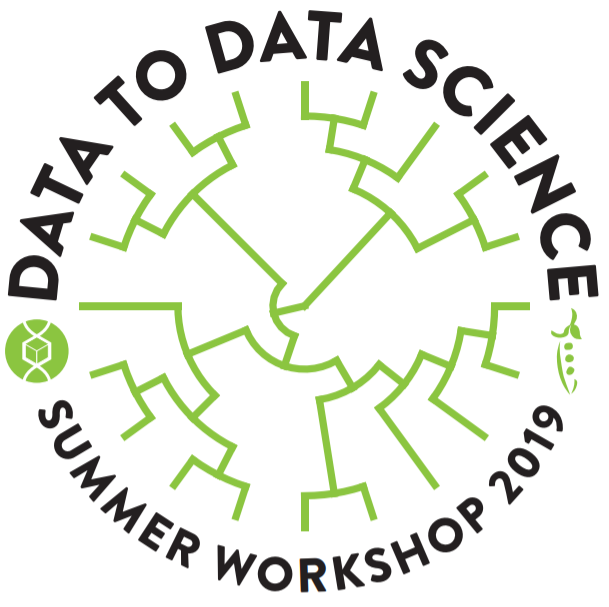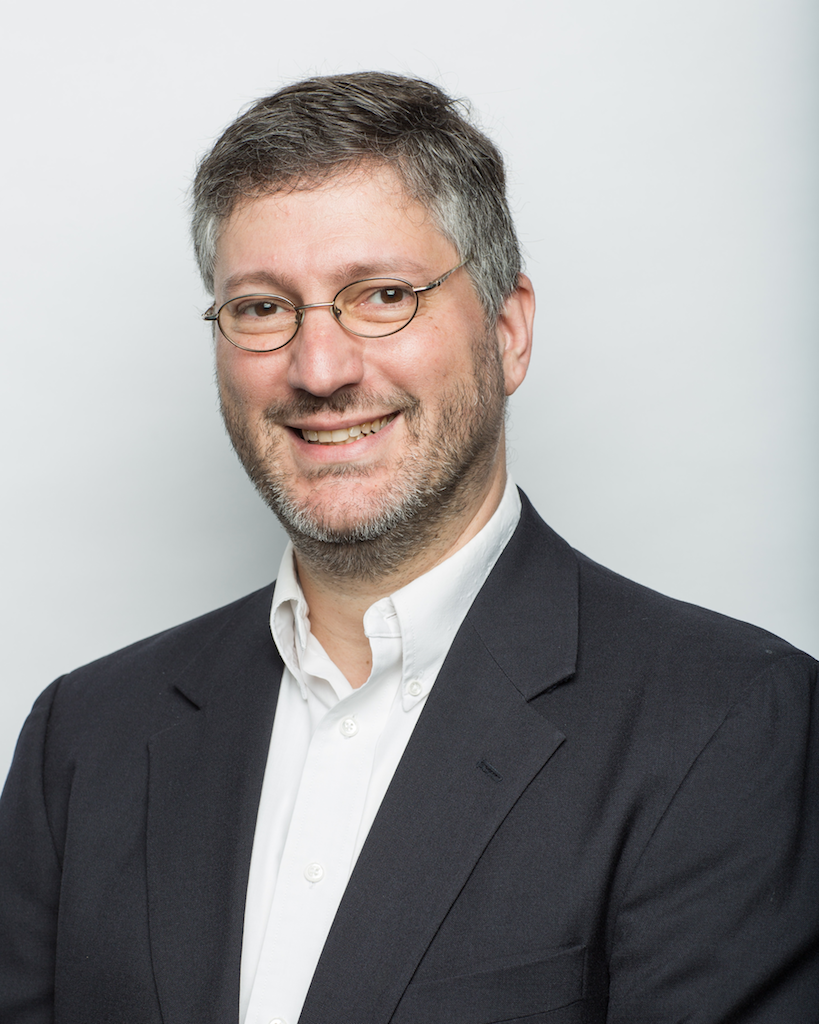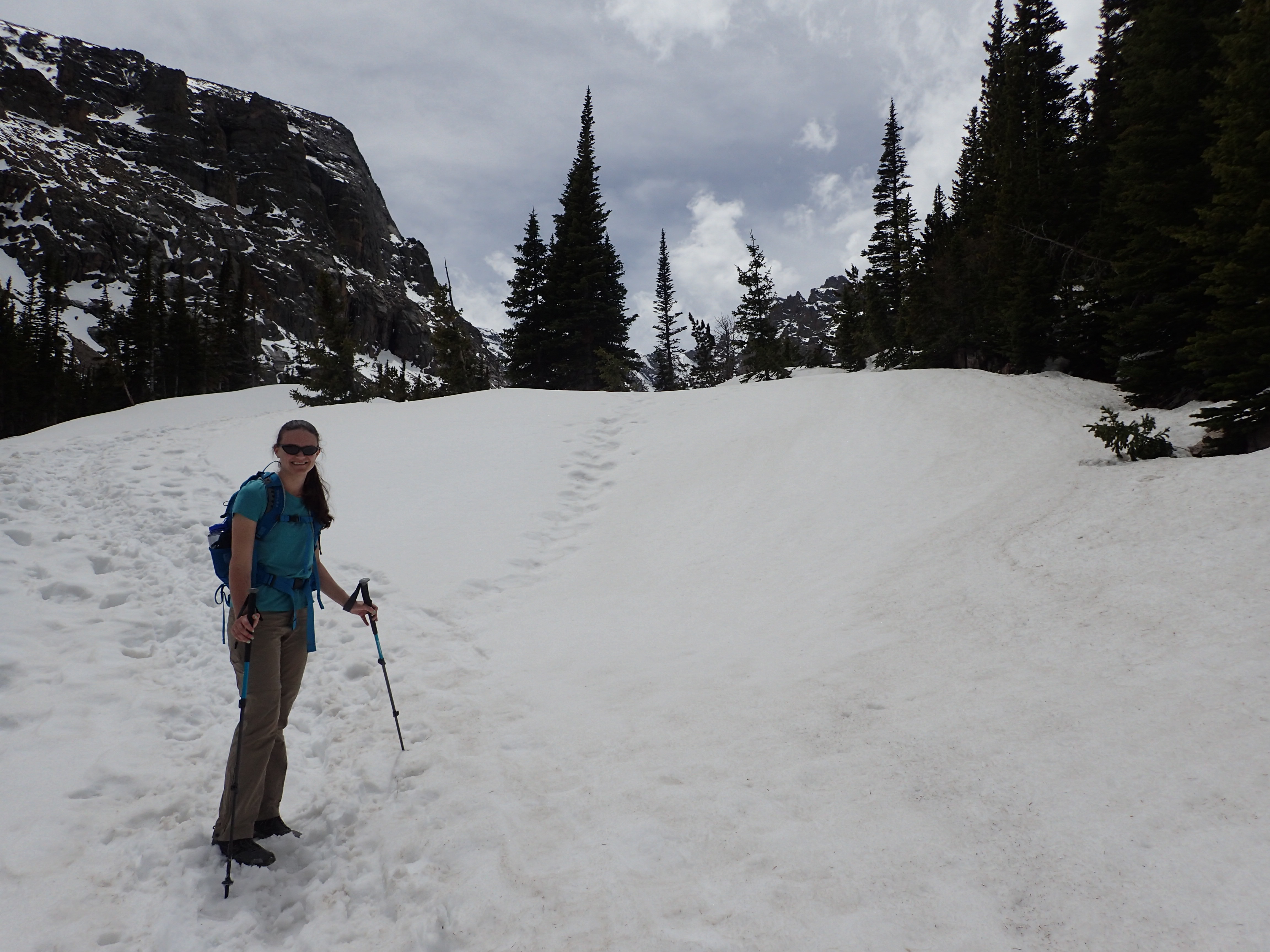
In this newsletter:
QUBES News
- Deadline to apply for the 2019 QUBES/BioQUEST Summer Workshop is April 26!
- Opportunity for future faculty to attend the 2019 QUBES/BioQUEST Summer Workshop
- Karen Cangialosi will be the keynote speaker at the 2019 QUBES/BioQUEST Summer Workshop
- New publication co-authored by two Team QUBES members explores an educational framework for modeling
- Biodiversity Literacy in Undergraduate Education (BLUE) will offer a QUBES faculty mentoring network in Fall 2019!
- Welcome new members of Team QUBES
News from QUBES Partners
- New support for short-term visits to NIMBioS: Now accepting applications
- The Intercollegiate Biomathematics Alliance invites nominations for the Distinguished Junior Fellow in Mathematical Biology
- Apply now to join the Mathworks MATLAB workshop
- Biodiversity Collections Network (BCoN) releases new report
- Upcoming coding workshops at University of Tennessee Chattanooga
Deadline to apply for the 2019 QUBES/BioQUEST Summer Workshop is April 26!

The 2019 QUBES/BioQUEST Summer Workshop will be held on July 14-19, 2019 at the College of William & Mary in Williamsburg, VA. In this workshop we will explore how to build on the ways data is currently used in the classroom to incorporate the emerging field of data science. If you are interested in attending, you can apply here by April 26. Opportunity for future faculty to attend the 2019 QUBES/BioQUEST Summer Workshop
We are seeking four highly motivated post-doc or graduate student volunteers to help with the day to day logistics of the workshop, while actively participating in exploring effective pedagogical approaches for incorporating data science in the classroom. Volunteers registration and housing will be waived.
The application deadline is May 3, 2019. To apply for this opportunity, please follow this link: http://bit.ly/future_faculty
Questions regarding the future faculty application can be directed to Nicole Chodkowski at nc526 “at” cornell “dot” edu
Karen Cangialosi will be the keynote speaker at the 2019 QUBES/BioQUEST Summer Workshop

The schedule for the 2019 QUBES/BioQUEST summer workshop includes a lineup of engaging speakers that will share exciting ideas and information with workshop participants throughout the week. As the workshop approaches, we will be featuring some of the workshop speakers in the QUBES newsletter. This month we are highlighting the workshop’s keynote speaker, Karen Cangialosi.
Karen Cangialosi is Coordinator of Faculty Enrichment and Professor of Biology at Keene State College. She also serves as the KSC Open Education Faculty Fellow where she facilitates an Open Pedagogy Faculty Learning Community, and is co-leader of KSC Open, a Domain of One’s Own campus project. Karen spearheaded a movement to replace traditional textbooks with OER and other freely available resources for almost all KSC biology courses; and she incorporates methods of Open Pedagogy in all of her own courses. Because she believes that scientific investigation, like education, should be transparent, widely collaborative and designed to serve the public, she is working on integrating the principles and practices of Open Science into the undergraduate biology curriculum. She also runs a coral reef monitoring program in the Turks and Caicos Islands, and a research program on the behavioral ecology of spiders in Keene, NH. More info can be found at Karen’s website: https://karencang.net
View a complete list of speakers for the summer workshop.
New publication co-authored by two Team QUBES members explores an educational framework for modeling

As part of a NIMBioS working group, Carrie Diaz-Eaton and M. Drew Lamar recently co-authored a paper entitled “A “rule-of-five” framework for models and modeling to unify mathematicians and biologists and improve student learning”. In this paper, the authors draw on efforts from calculus reform to develop a framework for teaching models and modeling that includes varying definitions of these terms from mathematics, statistics, and biology. The framework serves to identify gaps in student learning and highlights the benefit of interdisciplinary collaboration.
Biodiversity Literacy in Undergraduate Education (BLUE) will offer a QUBES faculty mentoring network in Fall 2019!

Are you interested in implementing new natural history collections-based modules into your Fall 2019 undergraduate course? Consider joining the Fall 2019 BLUE Faculty Mentoring Network, a collaborative effort among BLUE, the iDigBio Education & Outreach Working Group, and QUBES. Learn more or register to receive updates about the application process. Registration will open early summer.
Welcome new members of Team QUBES!
As QUBES continues to expand and evolve, the team recently welcomed several newcomers that add unique expertise and insights to the project.

Adam Fagen, Associate Director, BioQUEST Curriculum Consortium
Adam Fagen, PhD, joined the QUBES team in November 2018 as Associate Director of the BioQUEST Curriculum Consortium, bringing both leadership in science policy and scientific societies as well as more than 20 years of experience working to improve undergraduate science education. He has served as Executive Director of the Genetics Society of America, Director of Public Affairs at the American Society of Plant Biologists, and Senior Program Officer at the National Academies of Sciences, Engineering, and Medicine.

Elizabeth Hamman, QUBES postdoc, Radford University
Elizabeth Hamman joined the QUBES project in January, 2019 and is based at Radford University. She received her PhD in Ecology from the Odum School of Ecology at the University of Georgia, and her BA in Marine Biology/Applied Math from New College of Florida. Her research combines empirical and theoretical approaches, and her interests include spatial patterns on coral reefs, predicting the effects of predator diversity, and the efficacy of statistical methods used in ecological studies. At QUBES, Elizabeth will be working on website and FMN analytics as well as open educational communities for integrating R into undergraduate biology education.

Bharath Chandra Reddy Barakam, Back-End/Full-Stack Web Developer, College of William and Mary
Bharath Chandra Reddy Barakam joined the QUBES team in February 2019. He received a Master's degree in Computer Science from University of Cincinnati, and brings prior experience as a web developer. At QUBES, he assists with the development and maintenance of the QUBESHub platform. Recently, he developed a mini dashboard for users in order to make the website more navigable. Check out your mini-dashboard by clicking on your avatar in the upper right corner of the website after you log-in!
Anthony Rocco Ghioldi, QUBES cutie, University of Pittsburgh
Elia Crisucci, who heads up QUBES Community Engagement, gave birth to the the newest (and youngest!) member of Team QUBES on March 31 @ 1:45PM. Both Elia and baby Anthony are happy and healthy. Elia will be on maternity leave through June 24, 2019. If you need support for your partner project while Elia is away, please contact Alison Hale at alison.n.hale "at" gmail "dot" com.
New support for short-term visits to NIMBioS: Now accepting applications

NIMBioS is offering support for visits of up to one week for groups of one to six people working on projects that conform to the NIMBioS mission to foster interdisciplinary collaborations, research and education at the interface of the quantitative and life sciences. Visitors work onsite at NIMBioS, may link the visit to a previous Working Group or other activity at NIMBioS, or to collaborations with our affiliated Centers (DySoC www.dysoc.org, NISER www.stemeval.org, and SAL www.nimbios.org/SAL/). Support is focused on US-based researchers. We particularly welcome collaborative projects involving NIMBioS resident or local researchers; joint applications from two or more researchers to spend time together at NIMBioS; or applications from participants in other NIMBioS activities to work on their project with NIMBioS computational science staff. Visits must be concluded by August 2020. Applications will be considered monthly.
For more information and the online application, visit http://www.nimbios.org/visitors/
The Intercollegiate Biomathematics Alliance invites nominations for the Distinguished Junior Fellow in Mathematical Biology

The Distinguished Junior Fellowship is awarded to those who have a strong record of significant independent research accomplishments that demonstrate creativity and the potential to become future leaders in the mathematical biology community.
Nominated candidates are normally below the rank of associate professor and do not hold tenure, but these are not strict requirements. Self-nominations are not accepted.
The deadline for nominations is August 16, 2019.
For the nomination form as well as detailed information on IBA Distinguished Fellowship Awards, please visit the IBA website.
Apply now to join the MathWorks MATLAB workshop

At this workshop, STEM educators in will share their experiences and expertise in teaching computational thinking skills in undergraduate courses. Participants will work with peers and MathWorks representatives to develop new, and revise existing, activities and course materials that incorporate MATLAB for computation. Participants will discuss strategies, tools, and best practices for building computational thinking skills in their courses and assessing students' understanding of applied computation.
The workshop will be held October 20-22, 2019 at Carleton College, Northfield, MN. Learn more about the workshop and apply.
Biodiversity Collections Network (BCoN) releases new report

The new report by BCoN, Extending U.S. Biodiversity Collections to Promote Research and Education, provides details about their vision for the future. As a partner of BCoN, QUBES helps to expand the awareness of biodiversity and collections-related educational resources.
Upcoming coding workshops at University of Tennessee Chattanooga
With support of an NSF Big Data Spoke fund, UTC will offer two coding bootcamps:
(1) Data wrangling in R, July 29-30, 2019. This R bootcamp will teach basic skills to process and analyze biological data, perform statistical tests, visualize data and results. This R bootcamp will also expose students to genomics and gene/protein network data analysis. This camp prepares a participant to prepare for the EHR bootcamp.
(2) Electronic health record analysis, August 1-2, 2019. This bootcamp teaches how to analyze EHR data with R. Participants are expected to be familiar with basic R skills or have completed the first data wrangling in R bootcamp.
This Google application form is http://utc.edu/bbdutc-summer19
Review of applications will start on May 1, 2019
For more information, please contact bbdspoke@utc.edu
Do you have a product or result from a QUBES sponsored activity? Help us measure our success by sharing your product or result with QUBES at qubeshub+citation@gmail.com. Learn how to cite QUBES.
|